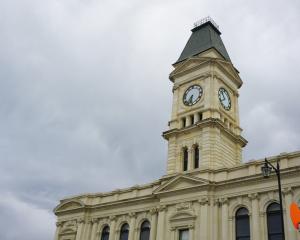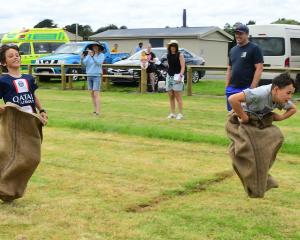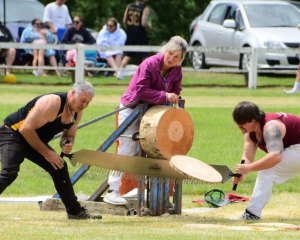
Evelyn Cook, of Waihopai Runaka, and Pania Coote, of Te Runanga o Awarua, were appointed in October last year after the council’s resolution to establish two seats on its committees — a significant and historic decision that came 150 years after the local body was established in 1871.
While both women acknowledged this was the first step of a long journey by the council and mana whenua, they were pleased and proud of what they were able to achieve within the organisation.
"It is the beginning of something. Like anything that is the first time, there is unforeseen things that we will still need to work out," Ms Cook said.
"But I believe there have been parts where our voices have been beneficial. We have a different perspective of the world in terms of not just being iwi but from our life experiences and we bring that into the debate. I really feel that we made meaningful contributions."
Ms Coote agreed and said overall they were "well welcomed" to the council, especially by the staff.
"From engineers to reception staff, flowing through contractors ... I feel there is a commitment to fill their obligations around that partnership and to Maori actually being part of the decision-making."
She felt this effort along with the positive feedback they had received from the community had helped the council to make significant changes.
But it was not without challenges. While there were many achievements which they felt heartened by, there were also things they had to learn during this period.
The Three Water reforms, for example, was one of them.
Ms Cook said the proposed reforms had stirred emotions across the country and their region.
Many believed the reforms should not apply to the city as it had a good infrastructure — however, they believed the collective approach would be beneficial for all, she said.
‘We have done better than a lot, maybe better than most — but I think we need to challenge ourselves to do better.
"The city has good structure but Otatara, Myross Bush and Kennington — for example — does not. Having good pipes is part of the answer, but it is also all the other things the city does which will make the difference," she said.
The work they had been doing around the cultural narrative for the city and a new street-naming policy which pushed for more te reo street names were considered among the biggest achievements.
Ms Coote said this push was critical for them as the majority of streets across the city had internationalised names.
"There are very few streets that we can actually say that we own, that is part of our region's culture. We hope this will change that," Ms Coote said.
Both women felt excited about their roles, but Ms Cook acknowledged she felt a bit nervous about their future in the organisation as a new council will be formed after October’s election.
While she would like to think the future council would not want to revisit the decision on mana whenua roles, there was nothing "carved in stone".
"This would be a retrograde step but I personally would like to think that an incoming council for whatever shape it takes will see the benefit ... [of having] the input and a closer relationship with iwi.
"We hope this was the first year of the next thousands."












